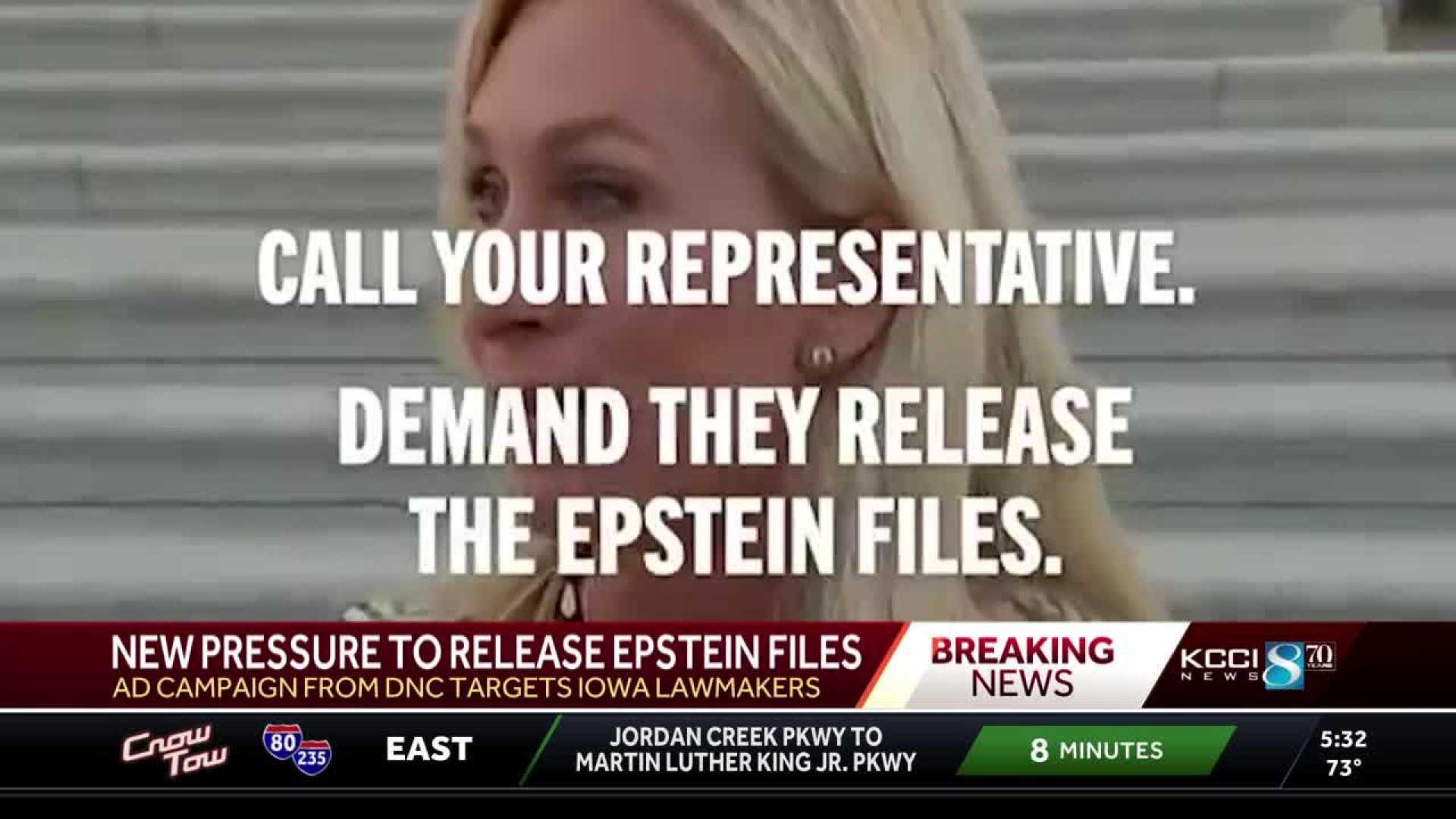Politics
DNC Launches Ads Targeting Republicans Over Epstein Files Controversy

Washington, D.C. — On Friday, the Democratic National Committee (DNC) began a new digital ad campaign aimed at Republican lawmakers for not addressing the release of files related to convicted sex offender Jeffrey Epstein.
The ads are targeting House Republicans who the DNC believes are vulnerable ahead of the 2026 midterm elections. They urge constituents to contact their representatives and demand the release of the Epstein files. DNC officials claim that leaders should operate with transparency rather than protect powerful individuals.
“This is a serious issue. The highest volume of calls into my office have been about Epstein,” said Rep. Marjorie Taylor Greene in one of the featured ads.
The five-figure campaign, which will run across various digital platforms, including popular conservative sites, will last for five days. Among the 11 Republican representatives targeted are Ashley Hinson from Iowa, Zach Nunn from Iowa, Tom Barrett from Michigan, and Brian Fitzpatrick from Pennsylvania.
DNC Senior Advisor Tim Hogan emphasized that the party intends to hold the Trump administration and congressional Republicans accountable. “The American people deserve full transparency,” he stated. “They are twisting themselves in knots trying to distort the truth.”
The ad campaign occurs during Congress’ August recess, a period the DNC aims to leverage to keep scrutiny on the Epstein files. “Call your representative. Demand they release the Epstein files,” states one of the ads.
Some Republicans have responded to this initiative, highlighting the DNC’s previous inaction when they held a majority in Congress. “It is curious that when they had unrestricted power, they did not release these files,” said Rep. Derrick Van Orden.
The controversy surrounding Epstein and his connections to various powerful individuals, including Donald Trump, continues to divide opinions among voters.












